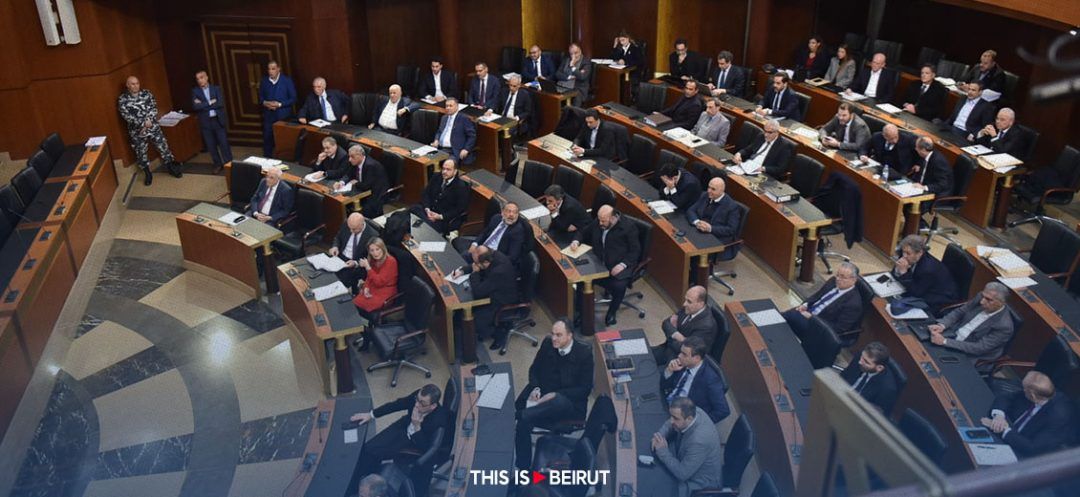
For the second day running, the Lebanese parliament continues its debate on the 2024 state budget. The MPs, who are meeting for the plenary session at the Parliament on Thursday, are expected to discuss and then vote on the finance bill article by article.
After a first day mainly devoted to speeches by the various parties, the second day will be no different, with further speeches scheduled before the budget is passed or not.
If it is adopted at the end of the plenary session — which is what some MPs fear, as they consider that this law is contrary to the Constitution because it is not accompanied by a closing of accounts — the amended version of this document, "even if it is not ideal," as the Chairman of the parliamentary Finance and Budget Committee, Ibrahim Kanaan, pointed out on Wednesday, will have "less catastrophic" repercussions than the initial version prepared by the Executive, according to some MPs.
In the opposite case, i.e., if it does not meet with unanimous approval, the government, which said on Wednesday that it was in favor of any amendments, could publish the budget in its initial version (without the changes made by the Finance and Budget Committee) by decree. Such a scenario is likely to provoke considerable controversy and, above all, a popular reaction.
In this respect, we recall that the Civil Servants' League had threatened strikes in the administrations if the budget was approved in its initial form as drawn up by the Ministry of Finance. On Wednesday, the Civil Servants' League called for an open strike starting Monday, January 29.
The civil servants, as well as some of the MPs present in the Chamber on Wednesday, consider that the text does not take account of economic reality and that it aims to impose taxes in an anarchic manner.
The only way for the budget to be adopted is for the contested articles to be widely discussed and amended so that the final text takes into account the interests of both the state and the public and private sectors.
After a first day mainly devoted to speeches by the various parties, the second day will be no different, with further speeches scheduled before the budget is passed or not.
If it is adopted at the end of the plenary session — which is what some MPs fear, as they consider that this law is contrary to the Constitution because it is not accompanied by a closing of accounts — the amended version of this document, "even if it is not ideal," as the Chairman of the parliamentary Finance and Budget Committee, Ibrahim Kanaan, pointed out on Wednesday, will have "less catastrophic" repercussions than the initial version prepared by the Executive, according to some MPs.
In the opposite case, i.e., if it does not meet with unanimous approval, the government, which said on Wednesday that it was in favor of any amendments, could publish the budget in its initial version (without the changes made by the Finance and Budget Committee) by decree. Such a scenario is likely to provoke considerable controversy and, above all, a popular reaction.
In this respect, we recall that the Civil Servants' League had threatened strikes in the administrations if the budget was approved in its initial form as drawn up by the Ministry of Finance. On Wednesday, the Civil Servants' League called for an open strike starting Monday, January 29.
The civil servants, as well as some of the MPs present in the Chamber on Wednesday, consider that the text does not take account of economic reality and that it aims to impose taxes in an anarchic manner.
The only way for the budget to be adopted is for the contested articles to be widely discussed and amended so that the final text takes into account the interests of both the state and the public and private sectors.
Comments